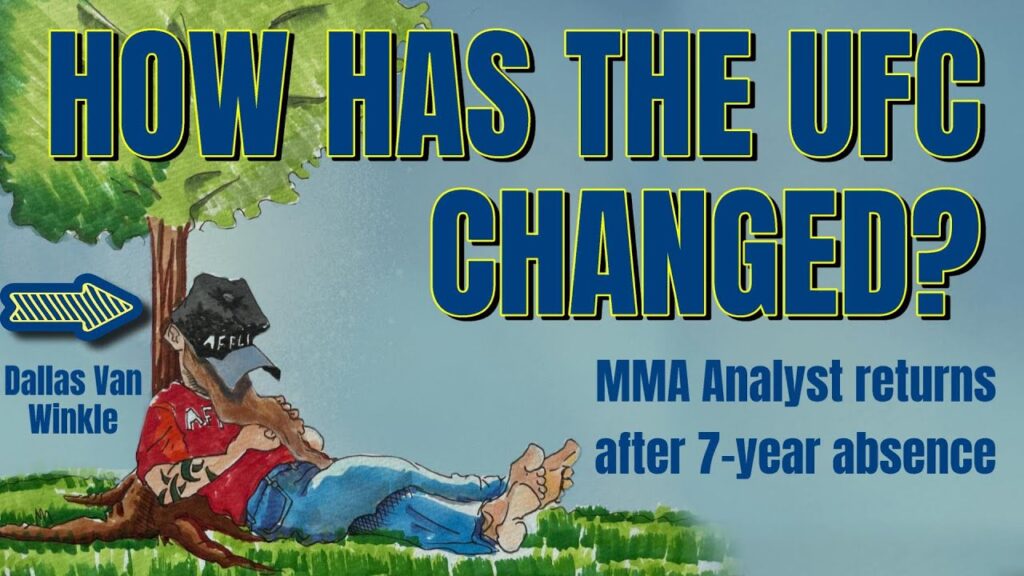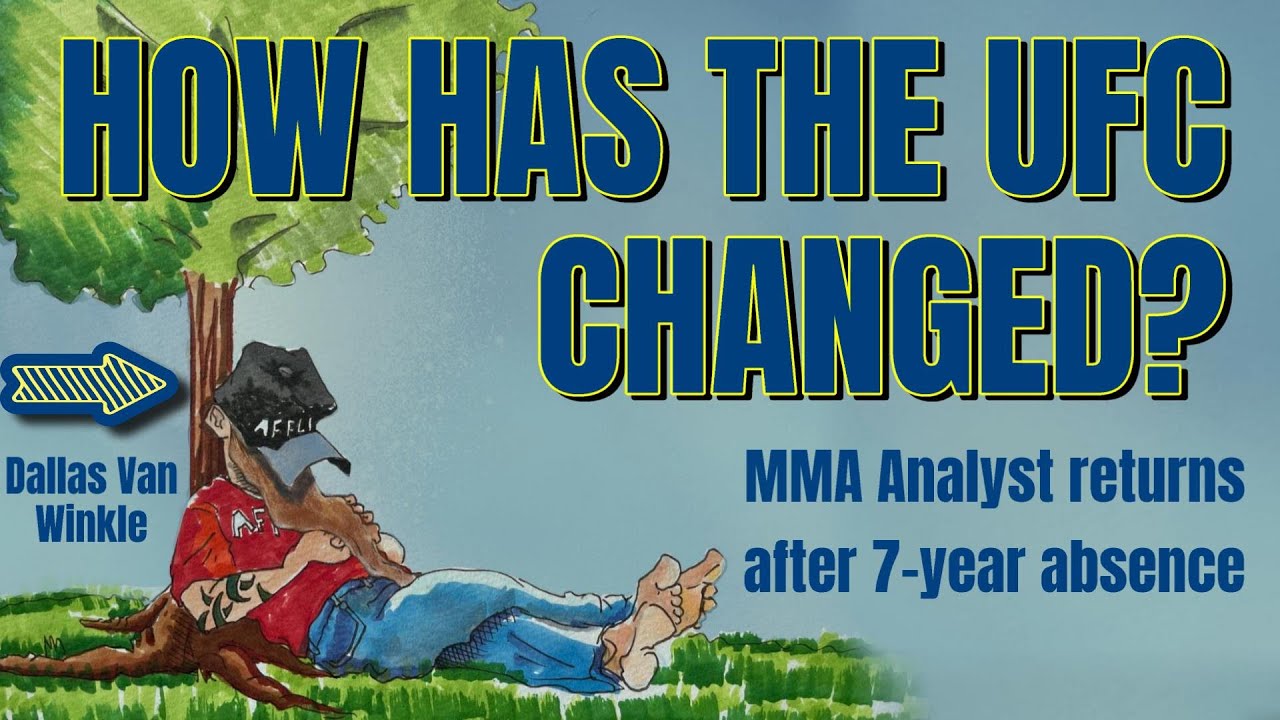
Dallas Winston: Changed or Stayed the Same? An In-Depth Character Analysis
Dallas “Dally” Winston, the hardened greaser from S.E. Hinton’s iconic novel The Outsiders, remains one of literature’s most compelling and controversial figures. His rebellious spirit, criminal tendencies, and ultimately tragic fate have sparked countless debates. One of the central questions surrounding Dally is whether he experienced any significant personal transformation throughout the story, or if he fundamentally stayed the same. This article delves into Dally’s character, examining his actions, motivations, and relationships to determine if Dallas Winston changed or stayed the same. We’ll explore the evidence suggesting both stasis and potential growth, providing a comprehensive analysis of this complex character.
Early Life and Defining Characteristics
To understand whether Dallas Winston changed or stayed the same, it’s crucial to first examine his established character traits. Dally’s early life was marred by hardship and neglect. Growing up on the streets of New York City, he learned to survive through violence and cunning. This upbringing instilled in him a deep distrust of authority and a cynical view of the world. He was known for his delinquency, regularly engaging in petty crimes and acts of vandalism. His tough exterior served as a shield, protecting him from vulnerability and pain.
- Rebellious Spirit: Dally consistently defied rules and societal expectations.
- Criminal Tendencies: His involvement in petty crime was a constant throughout the novel.
- Emotional Detachment: He struggled to express his emotions openly, masking them with aggression and sarcasm.
- Loyalty to the Greasers: Despite his rough exterior, Dally was fiercely loyal to his friends, the greasers.
These characteristics were deeply ingrained in Dally’s personality from the outset of the novel. The question then becomes: did the events of the story challenge or alter these core aspects of his being? Did Dallas Winston changed or stayed the same after all the events that transpired?
The Events of The Outsiders and Their Impact on Dally
The central conflict of The Outsiders, the accidental killing of Bob Sheldon by Johnny Cade, sets in motion a series of events that significantly impact Dally. The greasers, particularly Johnny and Ponyboy, are forced to flee to Windrixville, with Dally providing them with resources and guidance. This act of selfless assistance raises the question of whether Dallas Winston changed or stayed the same.
Dally’s Role in Saving Johnny and Ponyboy
Dally’s actions in helping Johnny and Ponyboy escape demonstrate a degree of compassion and responsibility that contradicts his typical behavior. He provides them with money, a gun, and instructions on how to survive. This willingness to put himself at risk for his friends suggests a capacity for empathy that is often hidden beneath his tough exterior. However, some argue that this act is merely an extension of his loyalty to the greasers, rather than a fundamental shift in his character. Was this enough to say that Dallas Winston changed or stayed the same?
The Church Fire and Johnny’s Heroism
The church fire in Windrixville further tests Dally’s character. When Johnny and Ponyboy rush into the burning building to save the children trapped inside, Dally follows them, risking his own life in the process. He sustains a severe burn while rescuing Johnny. This act of bravery is another indication that Dally is capable of selfless behavior. It highlights a hidden sense of morality and a willingness to sacrifice himself for others. This event is often cited as evidence that Dallas Winston changed or stayed the same, leaning towards the former. [See also: The Outsiders: A Coming-of-Age Story]
Johnny’s Death and Dally’s Reaction
The most significant event in the novel, and the one that arguably has the greatest impact on Dally, is Johnny’s death. Johnny was the one person Dally truly cared about, and his death shatters Dally’s already fragile emotional state. Dally’s reaction to Johnny’s death is one of profound grief and despair. He robs a grocery store and leads the police on a chase, ultimately choosing to be shot and killed rather than face a world without Johnny. This act of self-destruction raises the central question: did Dallas Winston changed or stayed the same? Some argue that his actions are a testament to his unchanging nature, a final act of rebellion and defiance. Others see it as a tragic consequence of his inability to cope with loss, suggesting a deeper emotional vulnerability that was never fully addressed.
Arguments for Dally Staying the Same
Despite the events described above, there are strong arguments to suggest that Dallas Winston stayed the same throughout the novel. His core characteristics – his rebelliousness, cynicism, and emotional detachment – remain consistent from beginning to end. He never truly integrates into mainstream society, nor does he abandon his criminal tendencies. His loyalty to the greasers, while admirable, can also be seen as a form of self-preservation, a way to maintain his identity and belonging in a world that has rejected him. Even his acts of bravery can be interpreted as impulsive reactions rather than calculated acts of heroism. The question of whether Dallas Winston changed or stayed the same is complex.
- Continued Criminal Activity: Dally never stops engaging in illegal activities, even after helping Johnny and Ponyboy.
- Distrust of Authority: His animosity towards the police and other authority figures remains unwavering.
- Emotional Inaccessibility: He continues to struggle with expressing his emotions, even in the face of profound loss.
Arguments for Dally Changing
Conversely, there are compelling arguments to suggest that Dallas Winston changed or stayed the same, with evidence pointing towards change, at least to some degree. His actions in helping Johnny and Ponyboy, his bravery during the church fire, and his profound grief over Johnny’s death all indicate a capacity for empathy, selflessness, and emotional vulnerability that was not initially apparent. These experiences, while ultimately leading to his tragic demise, suggest a potential for growth and transformation that was thwarted by his circumstances. The debate about whether Dallas Winston changed or stayed the same continues.
- Acts of Selflessness: His willingness to risk his life for others demonstrates a capacity for compassion.
- Profound Grief: His reaction to Johnny’s death reveals a deep emotional vulnerability.
- Potential for Growth: These experiences suggest that Dally might have been capable of positive change under different circumstances.
Conclusion: A Complex and Ambiguous Figure
Ultimately, the question of whether Dallas Winston changed or stayed the same is open to interpretation. The evidence suggests that he remained fundamentally the same in some ways, clinging to his rebellious spirit and criminal tendencies. However, his actions and reactions throughout the novel also reveal a capacity for empathy, selflessness, and emotional vulnerability that suggests a potential for growth and transformation. The tragedy of Dally Winston is that this potential was never fully realized. He was a product of his environment, a victim of circumstance, and a testament to the enduring power of loyalty and friendship. He was a complex and ambiguous figure, whose story continues to resonate with readers today. The legacy of Dallas Winston is one that invites us to consider the complexities of human nature and the enduring impact of our experiences. Whether Dallas Winston changed or stayed the same, his story serves as a poignant reminder of the importance of empathy, understanding, and the potential for redemption, even in the most hardened of hearts. His character serves as a reflection of the struggles faced by marginalized youth and the importance of providing support and opportunities for them to break free from cycles of poverty and violence. [See also: The Role of Social Class in The Outsiders] The enduring question remains: could a different environment have fostered a different outcome for Dally Winston? The debate surrounding Dallas Winston changed or stayed the same will likely continue for generations to come, solidifying his place as one of literature’s most compelling and tragic characters. His story is a timeless exploration of identity, loyalty, and the search for belonging in a world that often feels indifferent. Understanding the nuances of his character allows us to better understand the complexities of human nature and the challenges faced by those who are marginalized and overlooked. The conversation surrounding Dallas Winston changed or stayed the same goes beyond a simple yes or no answer, delving into the intricacies of personal growth, the impact of trauma, and the enduring power of human connection. His story reminds us that even in the darkest of circumstances, there is always the potential for hope, redemption, and the transformative power of empathy.

